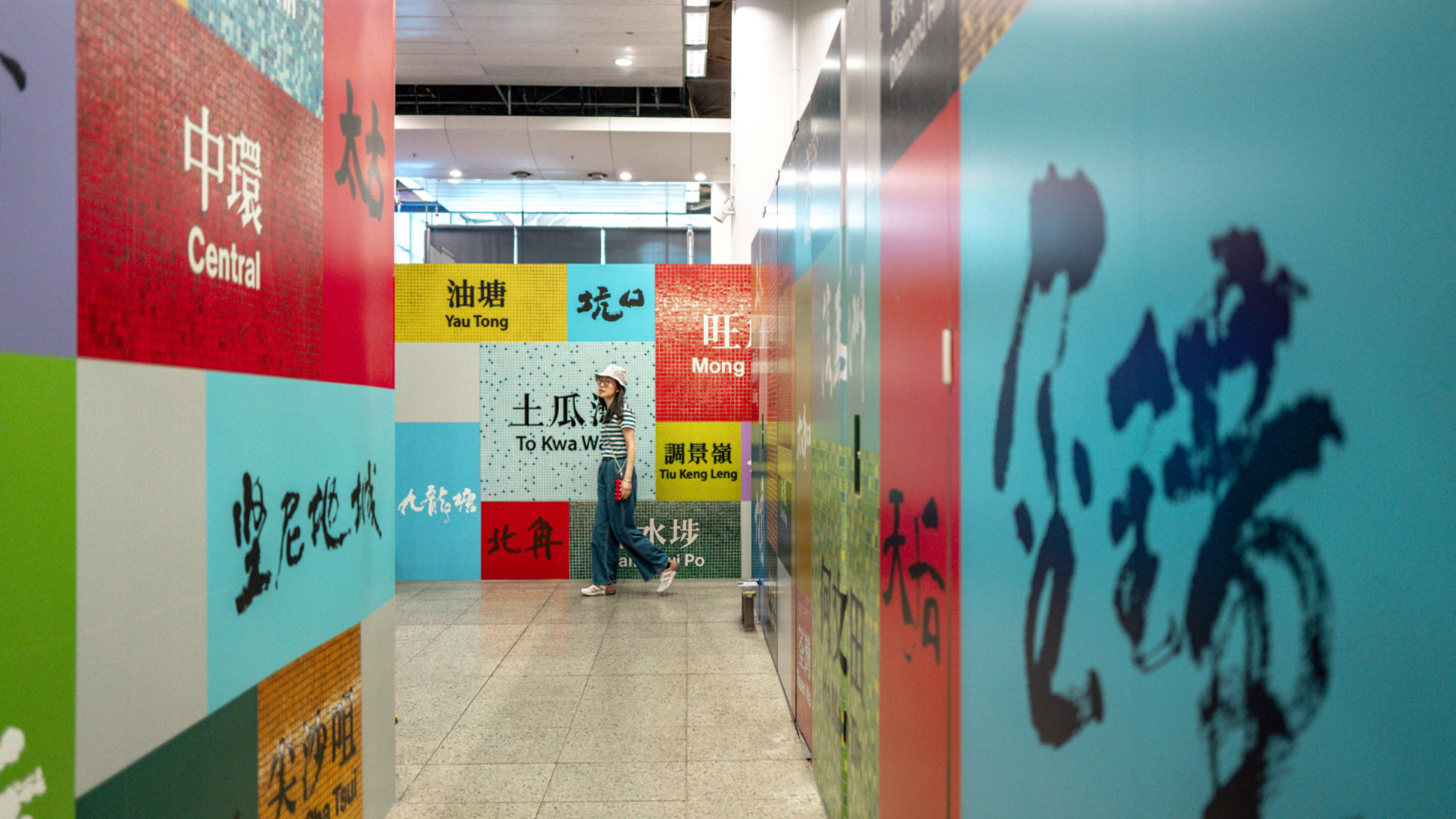
The Mass Transit Railway Corp, Hong Kong’s sole railway operator, provided 1.44 billion passenger journeys on the Chinese mainland last year, with its eight metro lines operating in different cities.
The company pledged to bring its experience to more mainland cities, providing residents with higher-quality rail services and helping metro operators to enhance the value of their assets, according to a press conference in Beijing on Sunday.
In Beijing, the company established the Beijing MTR Corp (BJMTR) with two local enterprises. The BJMTR runs five lines in the city, spanning over 200 kilometers and with 123 stations. Since 2020, a 99.9 percent punctuality rate has been achieved with its train services
As a leading metro company, the MTR brings its experience in operations, services, business models, and asset management to various mainland and overseas cities.
READ MORE: MTR to increase rides, enhance airport-related services
On the mainland, the company has been involved in the operation of Line 4, Daxing Line, lines 14, 16 and 17 of the Beijing Subway; Line 4 of the Shenzhen Metro; and lines 1 and 5 of the Hangzhou Metro.
It is also involved in the project for Line 13 of the Shenzhen Metro. The first phase of this line is expected to commence operation this year.
In Beijing, the company established the Beijing MTR Corp (BJMTR) with two local enterprises. The BJMTR runs five lines in the city, spanning over 200 kilometers and with 123 stations. Since 2020, a 99.9 percent punctuality rate has been achieved with its train services.
The extensive scale of its mainland operations, particularly in its Beijing branch, has significantly benefited from the company's excellent experience in operating Hong Kong’s metro system.
At the 10 stations of northern section of Line 17 of the Beijing Subway, which opened in December 2023, many facilities were designed with reference to Hong Kong’s stations, including platform gap fillers and signage informing passengers of the walking distance to their desired interchange lines.
Additionally, the provision of family-friendly accessible restrooms and nursery rooms in each station is in line with the people-oriented approach of the MTR.
To offer standardized and high-quality services in mainland cities, the MTR has facilitated close collaboration and experience-sharing between its Hong Kong and mainland teams, including the sharing of training program content and the organization of workshops.
The company anticipates even closer personnel exchanges between Hong Kong and the mainland in the future following its introduction of direct sleeper train services from Hong Kong to Beijing and Shanghai on June 15.
Besides its operations on the Chinese mainland, the MTR has also participated in railway projects in the Macao Special Administrative Region, London (the UK), Melbourne and Sydney (Australia), and Stockholm (Sweden)
Apart from rail services, the MTR has been helping mainland cities develop a transit-oriented economic model — a development mode driven by transportation infrastructures, leveraging the company's successful experience in Hong Kong.
The MTR and Chengdu Rail Transit Group, which entered into a partnership in 2018, accelerated their collaboration after the COVID-19 pandemic, with some jointly operated commercial spaces already operating in some of the busier metro stations in Chengdu.
Wong also envisions that, in addition to providing transportation, Chengdu’s metro network can be developed into a hub providing a comprehensive living ecosystem. This would include the integration of a diverse array of essential services — from food and retail outlets, to medical clinics.
READ MORE: ExCo approves construction of Hung Shui Kiu MTR Station
This would not only provide passengers with greater traveling convenience, but would also help the metro’s assets appreciate in value.
Wong said the MTR is closely monitoring the operational performance of commercial spaces in Chengdu and is always prepared to adjust its strategies accordingly. The company also plans to explore the expansion of this collaborative model to more cities within the nation.
Besides its operations on the Chinese mainland, the MTR has also participated in railway projects in the Macao Special Administrative Region, London (the UK), Melbourne and Sydney (Australia), and Stockholm (Sweden).


